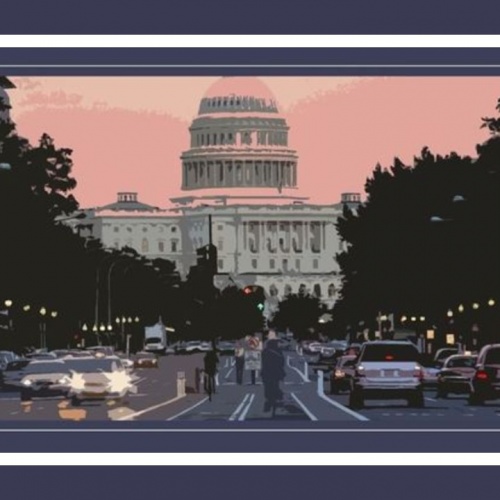The World Bank’s Hans Timmer: My Thoughts About Blockchain Technology

On September 14-15, the Government Blockchain Association (GBA), the GMU Schar School of Public Policy and Government and the DHS Criminal Investigations and Network Analysis Center (CINA) is hosting the 2019 fall symposium, “The Future of Money, Governance and the Law,” in Arlington, VA at George Mason University. The symposium’s participants are international leaders from both the public and private sectors, thus making this event a milestone in the emerging technology landscape. Furthermore, I am ecstatic to deliver my insights at GBA’s event where I hope my background in banking and economics brings awareness and inspiration to blockchain technology and cryptocurrency enthusiasts and influencers across public and private industries.

I plan to discuss blockchain technology and cryptocurrencies from the perspective of the World Bank’s Chief Economist for South Asia, and the former Chief Economist for Europe and Central Asia. I will draw on my experience as a quantitative international macroeconomist and econometrician with 30 years of management experience leading teams of modelers, forecasters, and policy analysts. Furthermore, I hope that by sharing my perspective of working with such high-profile international organizations such as the Netherlands Central Planning Bureau, European Commission, Intergovernmental Panel on Climate Change (IPCC), Organization for Economic Co-operation and Development (OECD), Indian Planning Commission, and the Chinese Academy of Social Sciences brings interest to all of the fall symposium’s attendees.
But sometimes research may also underscore the growing trends in how emerging technologies are shifting the paradigm.
For example, the World Bank recently published a report, “Toward a New Social Contract: Taking on Distributional Tensions in Europe and Central Asia,” which highlights the growing disparities between people, populations and organizations. These increasing gaps focus on existing social contracts, which prompts a few questions about the role blockchain technology and cryptocurrency may play an influencial role in.
First: could blockchain technology and cryptocurrency further fracture our existing political and cultural norms — or could the emerging technologies be part of a solution? Could blockchain technology and cryptocurrency solve problems at all? And finally, could blockchain technology and the adaption of cryptocurrency help with the fight to provide equal protection of all workers, universal provision of social services, and all while having a broad-based income and tax system that accounts for runaway destabilizing income inequality that threatens societies?
Come be part of the exploration of innovative thinking about how technology may assist with helping people and organizations thrive. The fall symposium’s results will be incorporated into a draft about the Government Blockchain’s Annual Report on the Future of Money, Governance and the Law.
I will be delivering my remarks, and the symposium’s participants will further discuss emerging technologies from the following five separate perspectives:
- adoption, accounting and global banking;
- protecting property, people and communities;
- service delivery, interoperability and integrity;
- national security and competitiveness; and,
- preparing for the future.
I hope that you will be able to join us. Thank you in advance for your consideration.
For more information about the event, please visit GBA’s site: http://bit.ly/FoMGL-914P.




Responses